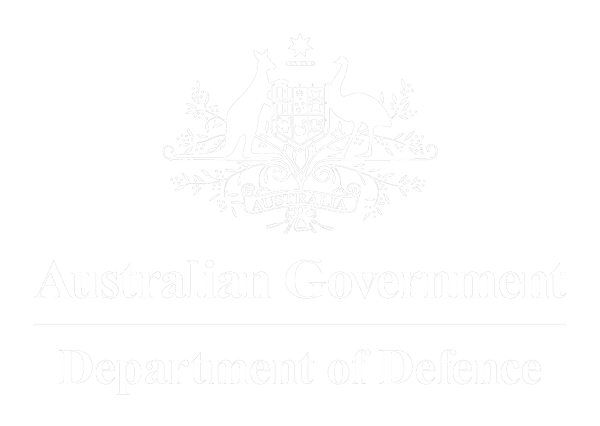A DOMESTIC water filter used in tens of thousands of Adelaide homes could play a vital role in eradicating dangerous toxins from groundwater on and around the Edinburgh RAAF base.
Flinders University, the University of South Australia, Newcastle University, the Defence Department and Salisbury Council have teamed up with SA-based water filtration company Puratap to trial new
ways to remove perfluorooctane sulfonate (PFOS) and perfluorooctanoic acid (PFOA) from Adelaide’s northern suburbs.
The chemicals, which do not break down in the environment and have been linked in overseas studies to cancer in people and animals, were in firefighting foams used at the Edinburgh base until 2004.
They have been detected on the base and nearby properties.
The Defence Department began testing soil, groundwater, surface water and sediment samples at the base and in the area in April last year as part of an investigation into PFOS and PFOA in the region.
The universities, council, defence force and Puratap will now use a $150,000 State Government grant, awarded under its Defence Innovation Partnership program, to conduct a one year trial into PFOS and PFOA removal methods.
Lead researcher Dr Justin Chalker, from Flinders University, said Puratap filtering technology, along with new technology being developed by the universities, will be used in the experiments.
“We are looking at novel strategies and materials to remediate wetlands, groundwater and surface water and develop high-performance filters for domestic use,” he said.
“We will test Puratap technology with the aim to trap (the chemicals) and prevent further contamination.”
Dr Chalker said it was imperative an affordable solution to deal with PFOS and PFOA contamination was developed.
“There’s stories coming out every week about the health risks associated with (the toxins),” he said. “There’s a real urgency to develop something…to deal with this.”
Dr Chalker said lab testing had already started and researchers were expected to begin field testing soon. If the methods prove successful, they could be used across Australia and overseas in places contaminated by PFOS and PFOA.





